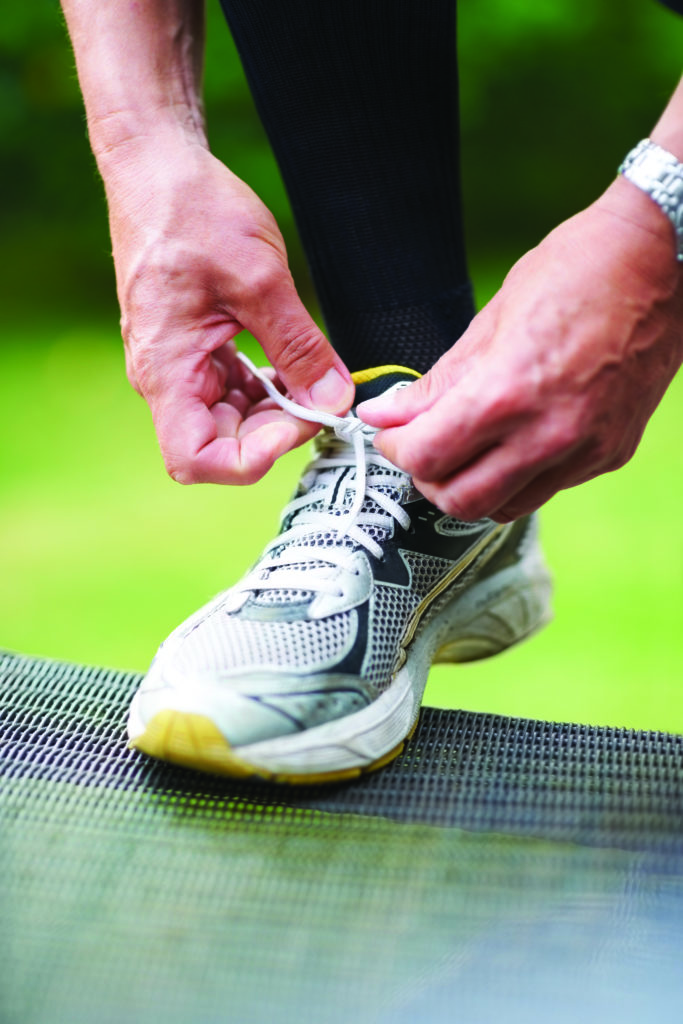
The Wellness Benefits Of Being Active In The Outdoors
By Jenny L. Workman
Studies have shown that nature has helped people cope with isolation over the past year. There are several health benefits that scientists continue to explore linking the great outdoors to our wellness.
“The physiological response to being outside in nature is real, and it’s measurable,” said Michelle Kondo, a research social scientist with the USDA Forest Service’s Northern Research Station. “There are many physical and psychological benefits of nature that scientists have observed, which can better help us understand how nature supports wellness in the body, mind and community.”
HELPS YOU GET VITAMIN D
It’s important for bones, blood cells, and immune system. It also helps the body absorb more of certain minerals, like calcium and phosphorus. Our bodies need sunlight to make it, but you don’t need much. In the summer, just getting sun for 5 to 15 minutes, 2 or 3 times a week, should do it.
STRONGER IMMUNITY
Better vitamin D production because of more sunlight is already good for your immune system. But the outdoors seems to help in other ways. Many plants put substances, including organic compounds called phytoncides, into the air that seem to boost immune function. Sunlight also seems to energize special cells in our immune system called T cells that help fight infection.
LESSENS ANXIETY
Even a simple plant in the room, or pictures of nature, can lesson anxiety, anger, and stress. But it’s better if we get outside. Exercise is good for anxiety too. But it’s even better if we do it outside, compared to inside a gym. Sunlight helps keep serotonin levels up. This helps raise energy and keeps our moods calm, positive, and focused.
SOCIAL
When getting outside the house, it’s not only Mother Nature we see. We also connect more with the people and places in our community. Human contact and a sense of community are important to our mental health. Plan a walking route to a friend’s house, and then to a park to do some exercise. Socialize while hiking, cycling or walking on a trail. You might be surprised how good it makes you feel.
IMPROVES SLEEP
The outdoors helps set our sleep cycle. Cells in our eyes need enough light to get our body’s internal clock working right. Early morning sunlight seems to help people get to sleep at night. This may be more important as we age. When we get older, eyes are less able to absorb light and will be more likely to have problems with sleep.
HELPS US FEEL BETTER ABOUT OURSELVES
As little as 5 minutes of outdoor activity can help improve our self-esteem. This is especially true if near water or green space. And it’s not necessarily high-intensity exercise that does it best. More relaxed activity like a walk, bike ride, or work in the garden seems to work even better.
IMPROVES FOCUS
Even a little bit of exercise while outside can help with focus. Some studies have shown that it’s not just the activity, it’s the “greenness” of the outdoor space.
BOOSTS YOUR CREATIVITY
Do you have a problem you can’t solve? Struggling with writer’s block? Spend time outside. Studies show that time in nature can boost our creative problem-solving abilities. This is partly because the outside world engages our attention in a quieter way that allows our attention to refocus. The more time we spend, the bigger the benefit, but even just “getting out for some air” can nudge our brains into a new thought pattern.
WHAT TO WATCH OUT FOR
Protect yourself from the sun with long sleeves, sunglasses, and a hat. Use broad-spectrum sunscreen, SPF 15 or higher, even when it’s cloudy. Try to let people know where you go, especially if you’re going alone into a wilderness area. Dress according to the weather forecast and charge your phone in case you need a map or to call someone. Remember, your phone may not work in some areas, especially in the woods.